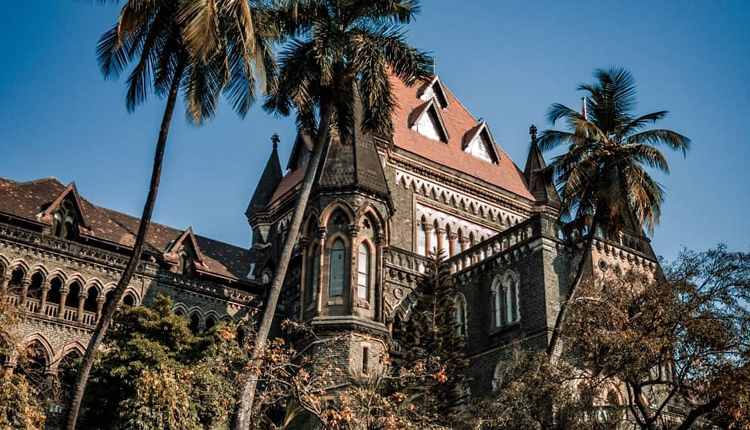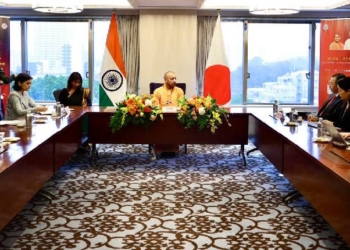Mumbai: In an important ruling, the Bombay High Court has said that it is high time that the country and the Parliament take cognisance of the global happenings when it comes to the minimum age of consensual sexual relationships among adolescents.
In a judgement issued recently, Justice Bharati H. Dangre made several observations pertaining to the increasing number of criminal cases in which the accused is punished though the adolescent victim maintains ‘they were in a consensual relationship’.
The judge also quashed a lower court order of February 2019, awarding 10-year rigorous jail term to the 25-year-old accused for ‘raping’ a south Mumbai girl who was 17 years and five months old, barely six months less than the official ‘age of consent’ of 18 in India.
Justice Dangre said that it was difficult to concur with the lower court order that though the sexual intercourse between the man and the girl was ‘consensual’, the victim (girl) was a minor.
She had admitted to having a liaison with the accused for nearly two years and had travelled with him on her own free will in Maharashtra, Gujarat, Rajasthan, Uttar Pradesh etc., as their ‘nikah’ was performed with her consent and without force on September 6, 2014. Though she could not produce any evidence of it, she was also once pregnant and had undergone an abortion with her father’s consent in March 2016.
Significantly, the judge noted: “The criminalisation of romantic relationship has overburdened the criminal justice system by consuming significant time of the judiciary, police and the child protection system, and ultimately when the victim turns hostile by not supporting the charge against the accused, in the wake of the romantic relationship she shared with him, it can only result in an acquittal.”
In the present case, the girl had said that as per the Muslim Personal Law, she was deemed an adult and had entered into ‘nikah’ with the man with whom she was deeply in love; she had travelled and lived with him for several months in different states as ‘husband and wife’.
Justice Dangre said that physical attraction or infatuation always comes forth when a teenager enters into a sexual relationship and while other countries have reduced the ‘age of consent’, in India it was 16 from 1940 till 2012 when it was increased to 18, and “it was high time India also took cognisance of the developments around the world”.
The court pointed out how the ‘age of consent’ was 14 in Italy, Germany, Portugal and Hungary, 16 in the UK, Wales and Sri Lanka, 13 in Japan, while in Bangladesh, rape punishment is meted out for sexual intercourse with a girl below 16.
Justice Dangre also cited a movement of students in Japan on the age of consent and said in India if a young boy is castigated as guilty of raping a minor girl merely because she is under 18 — but her consent is immaterial though she is an equal participant in the act — thus, only the boy would suffer a severe dent lifelong.
She referred to an old case in India in which an 11-year-old girl died, when a 35-year-old man forcibly consummated their marriage, and the man was acquitted of ‘rape’ but pronounced guilty of death by rash and negligent act, which led to the enactment of the Age of Consent Act, 1891.
Justice Dangre also mentioned a recent ruling by Justice Deepak Kumar Agarwal of Madhya Pradesh High Court’s Gwalior Bench, who had urged the Centre to reduce the age of consent to 16 as the present age of 18 was disturbing the societal fabric and as it is upon the adolescent’s choice, and how due to the explosion of Internet and social media, early puberty, young boys and girls aged around 14 get attracted to each other which results in consensual sexual relationships.
Justice Dangre said how, in the era of free access to the Internet which creates a deep impact upon the adolescent minds, the question of youthful sexuality has to be tackled by “appropriately moderating their behaviour”.
“The mere apprehension that adolescents would make an impulsive and bad decision, cannot classify them under one head and by ignoring their will and wishes,” she noted in her detailed judgement of July 10.
“Ultimately, it is for the Parliament to ponder upon the said issue, but being cognizant of the cases, which are coming before the Courts, with a huge chunk, being the romantic relationship,” said Justice Dangre.
(IANS)
















